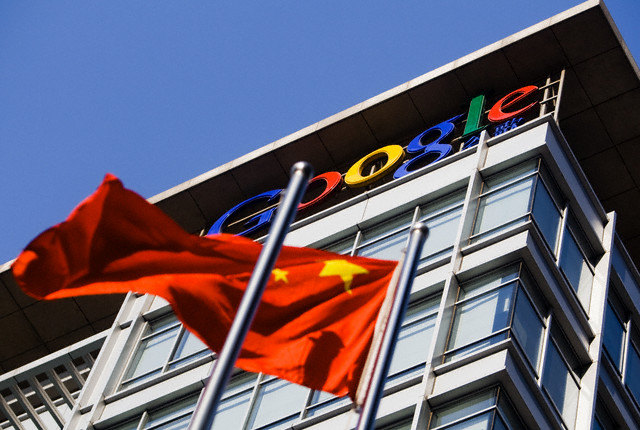The picture above is one of the pictures I took at the Southwest HQ (click to see a bigger version). EVERY hallway there is filled with pictures of their people. It’s not the pictures on the wall that make the culture strong. The culture is strong because they go to great lengths to hire people who “belong.” They go out of their way to care about their employees as human beings. The pictures on the wall are just one of the things they do to prove how much they love their people.
How to know if a company really wants to understand and satisfy what their customers want? I read a blog about a man’s recent visit to the Southwest Airline corporate headquarters in Dallas. He deeply believes that if a company cares about their employees very much, they would love their customers too. Also, he believe that a company which workers are glad and prefer to work for, would be a ideal choice to do business with too.
In my opinion, nearly every single company on the planet will tell people how much they care about their customers, whatever they have done is for their customer. Is that really the truth? I don’t think so. I consider that what most companies care is the benefit, the business, and the money. They speak to the public about their concern for their customers, but what they think about is how much money they can make. If a company really care about people, they will treat their employees well too.









